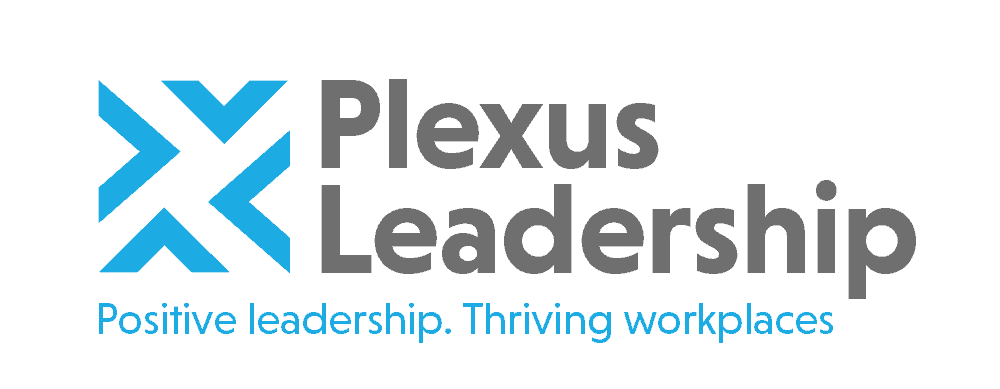It is extremely difficult to pinpoint common traits and behaviours required to lead and grow a successful Tech or Digital start-up, as the diversity of founder-leaders is almost as great as the wide range of businesses we are seeing launching in this rapidly growing space. Unsurprisingly, start-up founders also have varying ideas on what success means for them and follow very different paths to grow their venture and achieve success.
Despite this diversity, I have found interesting themes arising from an extensive review of peer reviewed research as well as a field study I conducted as part of my ongoing Organizational Psychology PhD research into behaviours and strengths of successful Tech entrepreneurs.
Some of the most common traits and behaviours I have found are:
Knowing yourself
Even the most confident Tech leaders like Steve Jobs and Mark Zuckerberg have demonstrated the self-awareness to acknowledge their areas of greatest strength but also their weaknesses. They focus on activities that play their strengths and learn to delegate tasks that drain their energy and can be done better by others around them. This enables them to build top teams comprising diverse people with complementary strengths, skills and experience that are best placed to meet the complex challenges faced by Tech companies today.
In the words of Steve Jobs: “Your time is limited, don’t waste it living someone else’s life….have the courage to follow your heart and intuition, they somehow already know what you truly want to become.”
Passion
Passion is best defined as a “fire in the belly” or positive energy to achieve and outperform against one’s goals. Research shows that people who are passionate about their aspirations and have a clear sense of purpose for what they are doing and go “above and beyond” to achieve exceptional results. Passion is also contagious as anyone who has been led by an inspirational leader.
But passion also ensures founders keep going and put in the ‘heavy lifting’ when things get tough. As one founder of a digital design agency commented: “Doing something you love and are engaged by is crucial this ensures you put more effort and hours in”.
It is important to note that psychologists distinguish between two types of passion – obsessive versus harmonious passion. The former consumes all the founder’s energy and time, undermining their ability to “switch off” from their work. They will therefore feel more conflict with other parts of their life. Harmonious passion, on the other hand, enables founders to be energized by their work while finding harmony with other parts of their lives. These people find more intrinsic joy at work and feel more in control of their work and life outside work.
Grit
Grit is the capacity to sustain both effort and interest in projects or tasks that take a long time to complete. It is essentially a combination of passion and perseverance. Gritty founders are much more likely to stay on course and not deviate from their goals, even in the absence of positive feedback and in the face of adversity. Grit appears to predict success in many spheres of life and has been linked to important business outcomes such as improved performance, resilience and career success.
Rapid learning
Rapid learning involves the ability to remain agile and responsive in the face of rapid changes, including advances in technologies, regulations and socio-economic conditions. One founder I interviewed highlighted the need for continuous learning given the fast-moving digital sector and having the “flexibility to change the business quickly when things change.” Another described rapid learning as “being ready to be ruthless about throwing things away and starting again when things don’t work out.”
Focused execution
Because successful start-up founders are gritty and passionate about their purpose they remain focused on their big and audacious longer-term goals, as well as what needs to be achieved now to achieve near-term success. They are generally better at building a strong performance culture and systems that ensure goals are planned, executed with discipline and reviewed on a regular basis, holding team members accountable and stretching them to deliver above and beyond expectations.
It is important to note that in addition to their traits, behaviours, skills and experience, the success of Tech start-up leaders will also be determined by the stage of the company’s growth together with how well a leader is able to adapt to changes in the company and external environment. It seems clear that some leaders are better suited to early start-up challenges while others perform better during the subsequent scale-up or advanced stages of the growth cycle.
Other Posts

About the Author
James Brook
Founder and MD | Leadership Consultant | Organizational Psychologist
James is a leadership consultant, organizational psychologist and executive coach. He has over 25 years’ experience working with leaders, teams and organizations globally to optimize their performance, talent and future success. He specializes in positive leadership, thriving workplaces, collaboration and influencing, organizational change and transformation, accelerating innovation and coaching executives and leaders in innovative sectors including Tech, Digital, E-commerce and Life Sciences.
Before setting up Plexus Leadership, James held leadership roles in HR and Talent Management in the UK and abroad with companies such as NatWest, Yahoo! and Novo Nordisk Pharmaceuticals. After this, he founded and led several talent and leadership consulting and assessment businesses, including Strengthscope®, an online strengths assessment and development business serving a wide range of UK and global clients. James grew this venture into a global market leader before selling the business in 2018.
James has supported, advised and coached leaders and teams globally across diverse industries and geographies. Clients he has worked with include Allen & Overy, Commvault, Equinor, Facebook, GSK, Hilton, John Lewis, Novartis Pharmaceuticals, NHS, Oracle, Sainsbury’s, Swiss Re, Tesco, Takeda Pharmaceuticals, WSP and Yahoo!.
James has a Master’s in Organizational Psychology, an MBA, an Advanced Diploma in Executive Coaching and a Harvard Business qualification in Sustainable Business Strategy. He is a member of the Institute of Directors, the Association of Business Psychologists and a Fellow of the Chartered Institute of Personnel and Development (FCIPD). He is currently undertaking a PhD in Organizational Psychology examining the start-up experiences of Tech and Digital entrepreneurs.
James is a regular contributor and speaker on leadership, coaching, innovative talent management and the future of work. His most recent book, Optimize Your Strengths, explores how leaders can create thriving workplaces by inspiring and supporting people to optimize their potential and teamwork to deliver breakthrough results.





